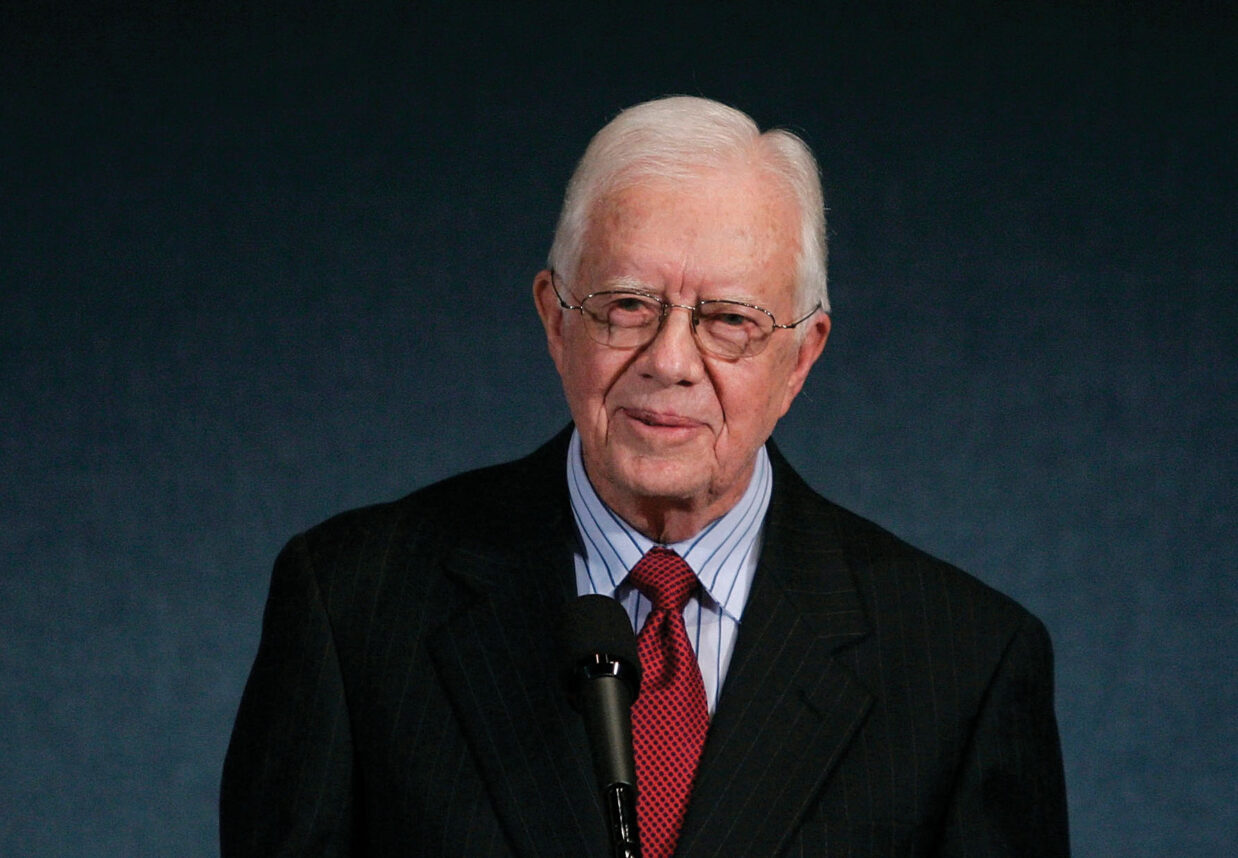
United Arab Emirates (UAE)-based writer Salam Hamid wrote in a Sept. 21 article for the UAE newspaper Al-Ittihad that it was a mistake for Arab countries to expel Jews from their countries after the establishment of Israel in 1948.
Hamid, who heads the Al-Mezmaah Studies and Research Center in Dubai, wrote in the article, which was translated by MEMRI [Middle East Media Research Institute], that the Arab nations expelled a total of 900,000 Jews to Israel when the Jewish state was formed.
“Over time, [this expulsion] had disastrous repercussions, when [it turned out that] the Arabs had lost an elite population with significant wealth, property, influence, knowledge, and culture,” Hamid argued. “Soon enough, the Arabs waged pointless wars against Israel, until they were defeated [in June 1967] with heavy losses. Nevertheless, the mentality of the Arab leadership persisted, as they spun conspiracy theories to their defeated peoples and sought scapegoats in order to justify their repeated defeats at the hand of Israel.”
The UAE writer noted that Egypt, Iraq, Syria and Yemen used to have “hundreds of thousands of Jews” residing in those countries but currently “only dozens [of Jews] remain” in those countries. He also pointed out that 700,000 Palestinians were displaced during Israel’s War of Independence in 1948-49 “because of several Arab leaders who asked them to leave the Jewish areas so that they could return after the fledgling Jewish state was destroyed. It is worth noting that in his memoir, Syria’s then-prime minister Khalid Al-Azm acknowledged the role played by the Arabs in convincing the Palestinians to leave — a mistake whose severity the Arabs failed to grasp, which created the Palestinian refugee crisis, and which prompted the founding of UNRWA [United Nations Relief and Works Agency for Palestine Refugees in the Near East] in 1949.”
Hamid proceeded to call out the Arab world for “our mindset and our hatred of the Jews. We have failed to learn the lesson of history, when other nations before us expelled their Jewish citizens.”
He argued that Spain and Germany each suffered for expelling Jews, as Spain’s empire was “deprived of a group of people known for their talents in economics, finance and moneylending” and that Germany could have beaten the United States to the atomic bomb if Adolf Hitler’s policies and actions didn’t prompt Albert Einstein and Edward Teller, who invented the bomb, to immigrate to the U.S. in the 1930s.
“This hatred for the Jews did not begin with the establishment of the State of Israel,” Hamid wrote. “It is an ideology that is still disseminated in the books that teach our heritage, which reflect the personal fatwas of bygone eras, and were suited to those times which lacked the openness of today. This hatred will therefore continue to exist, so long as our heritage [text]books continue to incite hatred against the Jews, as early as elementary school.”
He called for all incitement of hatred of any kind to be removed from textbooks in the Arab world “because hatred is an infectious disease which negatively affects societies and both simple and learned folk.”
The Simon Wiesenthal Center praised Hamid’s piece in a tweet.
“We salute Salam Hamid for his courageous and honest analysis of long lasting impact of expulsion of Jews from Arab lands and pledge to work with him and others in the #Gulf and beyond to teach the truth about Jews, Judaism and [the] Jewish state,” the Jewish group tweeted.
We salute Salam Hamid for his courageous and honest analysis of long lasting impact of expulsion of Jews from Arab lands and pledge to work with him and others in the #Gulf and beyond to teach the truth about Jews, Judaism and Jewish state.https://t.co/PLkvMb94eA
— SimonWiesenthalCntr (@simonwiesenthal) September 21, 2020
Hamid’s piece comes after Bahraini journalist Amjad Taha condemned Hamas for launching two rockets toward Israel during the Sept. 15 signing ceremony at the White House of diplomatic agreements between Israel and the UAE and Israel and Bahrain.
“It’s really sad to hear that Hamas, the Iranian militias in Gaza, have launched their rockets towards Ashdod,” Taha told i24 News at the time. “We all condemn that. We are really sad to hear that, and we hope Israel retaliates in a firmly and strong way toward these terrorists.”
A Hamas spokesperson denounced the Abraham Accords at the time as not being “worth the ink with which they were written — and our people, with their insistence on the struggle until the full recovery of their rights, will deal with these agreements as if they were nonexistent.”
Palestinians, whose leaders weren’t part of the pacts’ negotiations, responded to the agreements with “days of rage” protests throughout the West Bank. A Fatah activist also told The Jerusalem Post on Sept. 15, “We are on the brink of a third intifada. The Palestinian people feel betrayed by the Arabs and will show the world that the Palestinian issue remains the central issue of all Arabs and Muslims.”























 More news and opinions than at a Shabbat dinner, right in your inbox.
More news and opinions than at a Shabbat dinner, right in your inbox.